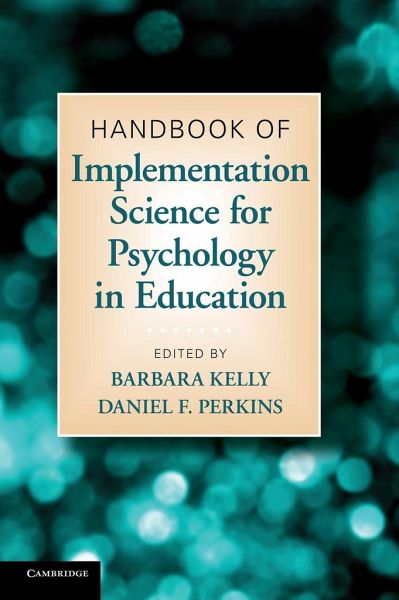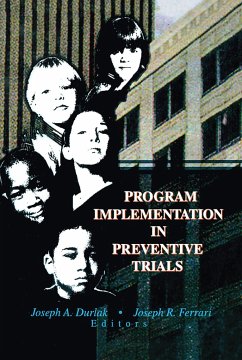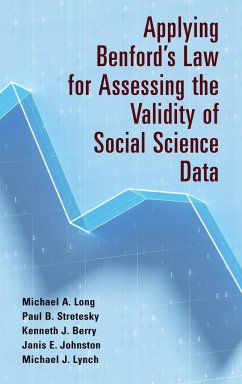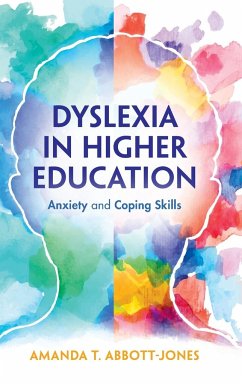
Handbook of Implementation Science for Psychology in Education
Versandkostenfrei!
Versandfertig in 1-2 Wochen
147,99 €
inkl. MwSt.
Weitere Ausgaben:

PAYBACK Punkte
74 °P sammeln!
Implementation science is the science of the effectiveness of research for real-world practitioners. This book is an indispensable, highly innovative and evidence-based resource aimed at utilizing research in psychology to improve all aspects of education, from individual teaching programs to organizational development. It addresses the widespread confusion and disappointment about the lack of effectiveness of real-world psychology and provides twenty-seven chapters offering proven policies, strategies and approaches for designing, supporting and improving interventions in schools. Collectivel...
Implementation science is the science of the effectiveness of research for real-world practitioners. This book is an indispensable, highly innovative and evidence-based resource aimed at utilizing research in psychology to improve all aspects of education, from individual teaching programs to organizational development. It addresses the widespread confusion and disappointment about the lack of effectiveness of real-world psychology and provides twenty-seven chapters offering proven policies, strategies and approaches for designing, supporting and improving interventions in schools. Collectively, the chapters go beyond the realm of psychology and education, tackling concerns about how to promote positive change in any context, covering topics from epistemology through statistics to examples of implementation approaches, frameworks and protocols. This book creates an immensely relevant body of information and evidence for any practitioner or organization facing the challenges of change. Essential reading for practitioners, policy makers, stakeholders and funders in psychology, education and beyond.














